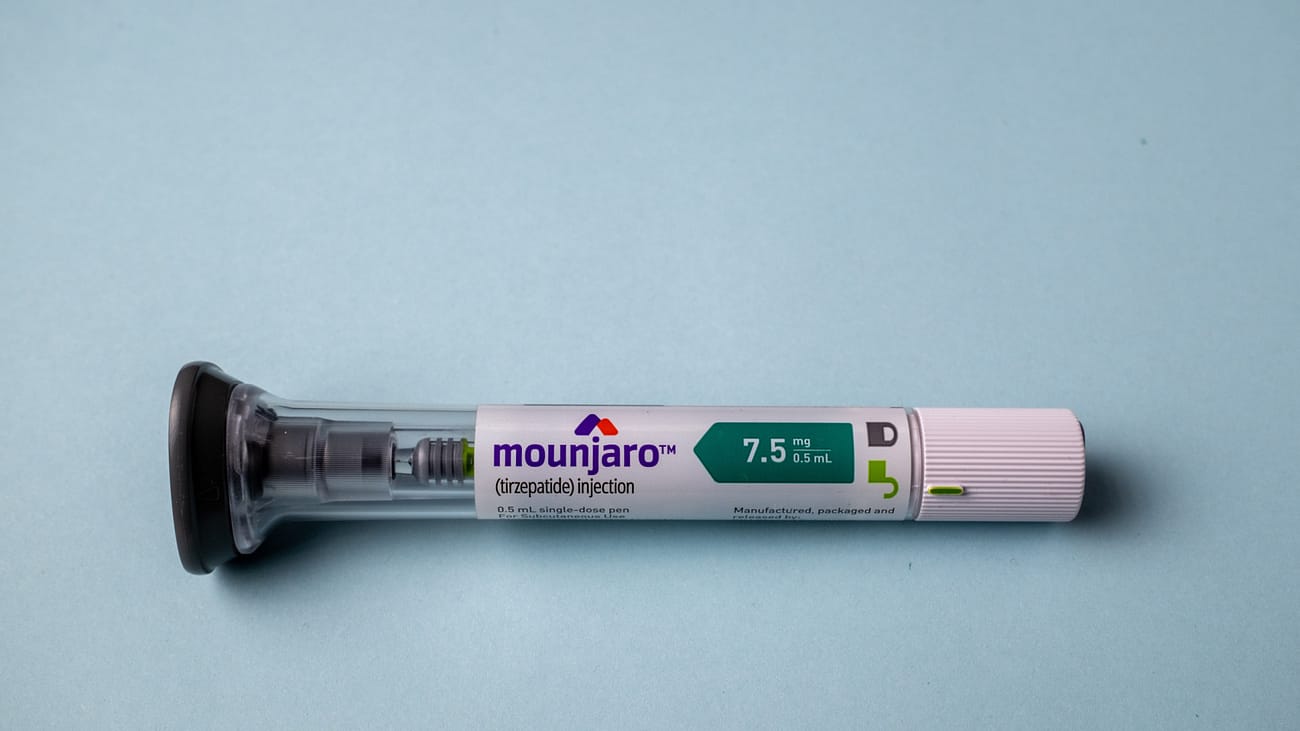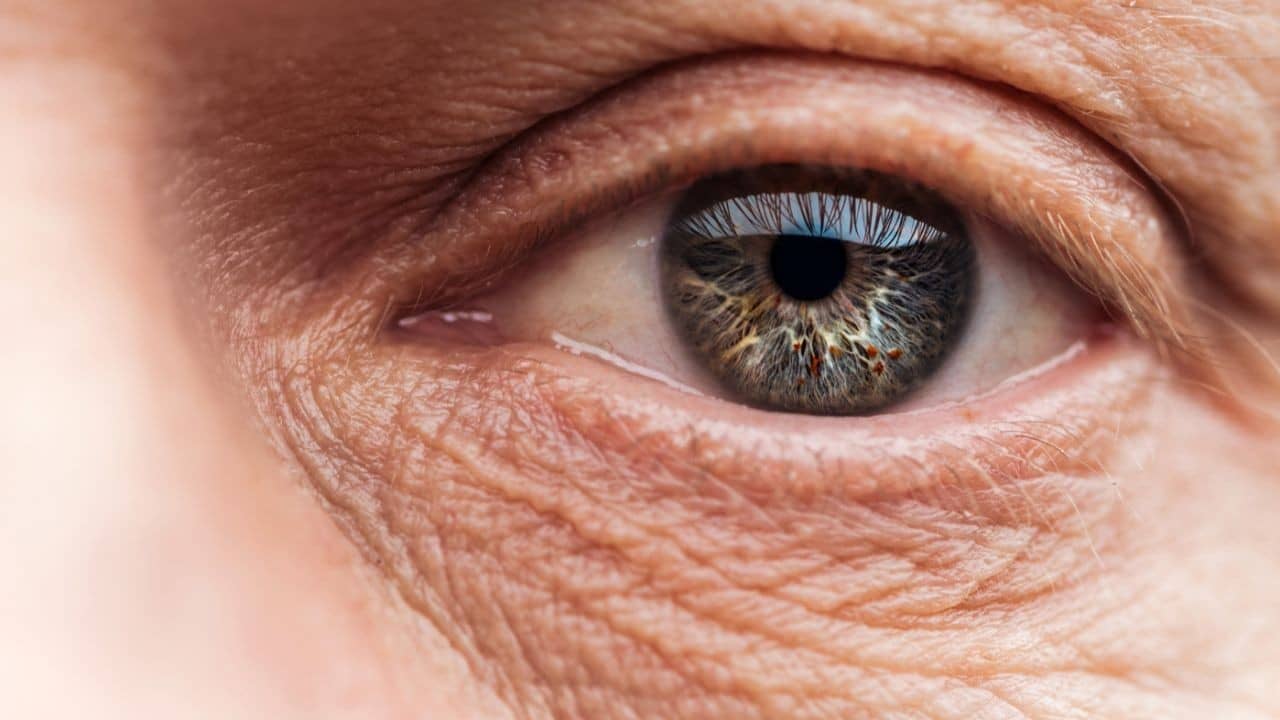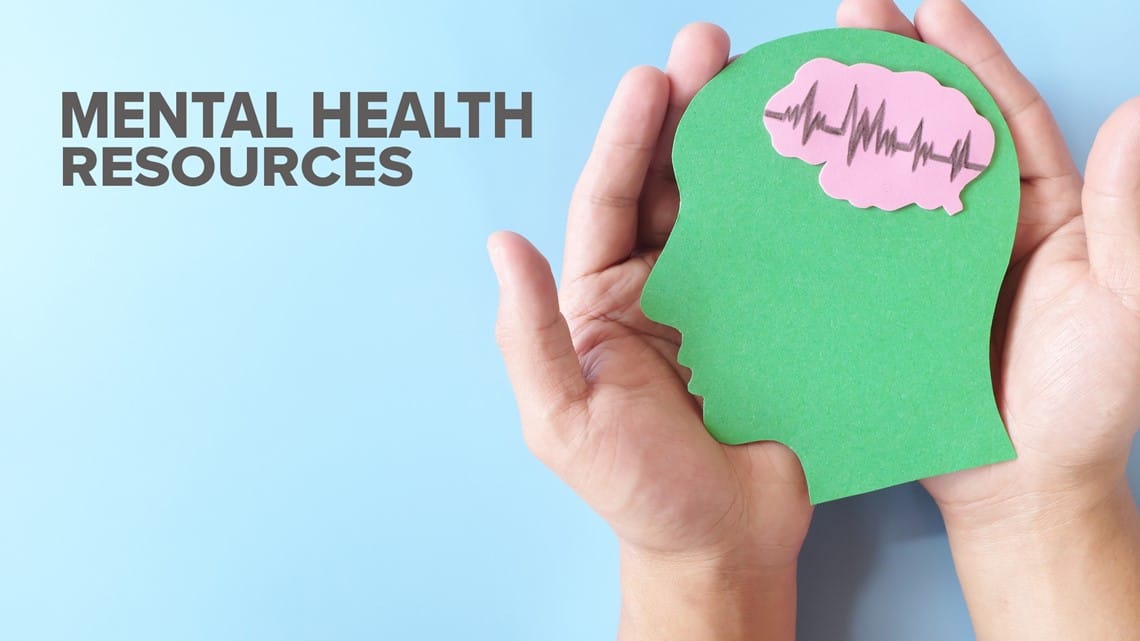You may have heard mixed messages about blue light glasses and their effects on eye health and sleep. Many people are turning to blue light glasses to address concerns about blue light exposure from screens. But what does research say about the effectiveness of blue light glasses? Let’s delve into what blue light glasses do and don’t do based on current evidence.
Understanding Blue Light Glasses and Their Impact
Blue Light Glasses Facts:
- What Blue Light Glasses Do: These glasses are designed to filter out blue light from the visible spectrum. This is based on the idea that blue light, having the highest energy among visible colors, might potentially damage the retina. However, there is no substantial evidence that blue light from screens causes harm to your eyes or contributes to eye conditions such as macular degeneration.
- Effect on Eye Strain: Research has not confirmed that blue light glasses reduce eye strain. The amount of blue light emitted from screens is relatively low, and there is no proven link between blue light and increased eye strain.
- Sleep Quality: These glasses are often promoted to improve sleep quality by blocking disruptive blue light that may interfere with your sleep-wake cycles. Evidence on their effectiveness in this regard is mixed, with some studies showing improvement while others find no significant effect.
The Claims About Blue Light Glasses
These glasses are marketed with the claim that they can protect the light-sensitive retina from potential damage caused by blue light. They are also said to alleviate eye strain and enhance sleep by blocking blue light. However, the actual evidence supporting these claims is limited.
Blue Light Glasses and Eye Health
The blue light emitted from devices such as smartphones, tablets, and computers is not intense enough to cause harm to your eyes or contribute to retinal damage. According to the American Academy of Ophthalmology, there is no evidence linking blue light from screens to increased eye strain or eye disease.
Blue Light Glasses and Sleep Patterns
While this glasses may not impact eye health, they might affect your sleep-wake cycle. Blue light exposure from screens can interfere with the production of melatonin, the hormone responsible for sleepiness. A 2023 review found mixed results on whether blue light glasses improve sleep quality, with some studies showing benefits and others finding no effect.
Alternatives to Blue Light Glasses
If you’re concerned about blue light exposure, consider these alternatives:
- Use Night Mode: Activate the night mode on your devices a few hours before bedtime to reduce blue light exposure. Reducing screen time before sleep can also be beneficial.
- Practice Eye Care: To prevent digital eye strain:
- Apply the 20-20-20 rule: Every 20 minutes, look at something 20 feet away for 20 seconds.
- Position your screen at an arm’s length and slightly downward to reduce strain.
- Blink frequently and use artificial tears to prevent dryness.
- Give your eyes a break from contact lenses by wearing regular glasses when possible.
- Ensure adequate room lighting to minimize strain.
When to Consult an Eye Specialist
If you experience symptoms such as eye pain, light sensitivity, blurry vision, or redness, consider consulting an eye specialist. An ophthalmologist or optometrist can help diagnose any issues and recommend appropriate treatments.
Finding an Eye Care Professional
To find a qualified eye care professional near you, seek recommendations from friends or family, or search online for reputable practitioners through leading eye health organizations.
Summary
Blue light glasses are designed to filter out blue light and are often marketed as solutions for eye strain and sleep issues. However, current evidence suggests that blue light from screens does not cause significant harm to your eyes or increase eye strain, though it may affect sleep patterns. If blue light is a concern, using night mode settings on devices and following proper eye care practices can be effective alternatives.



























